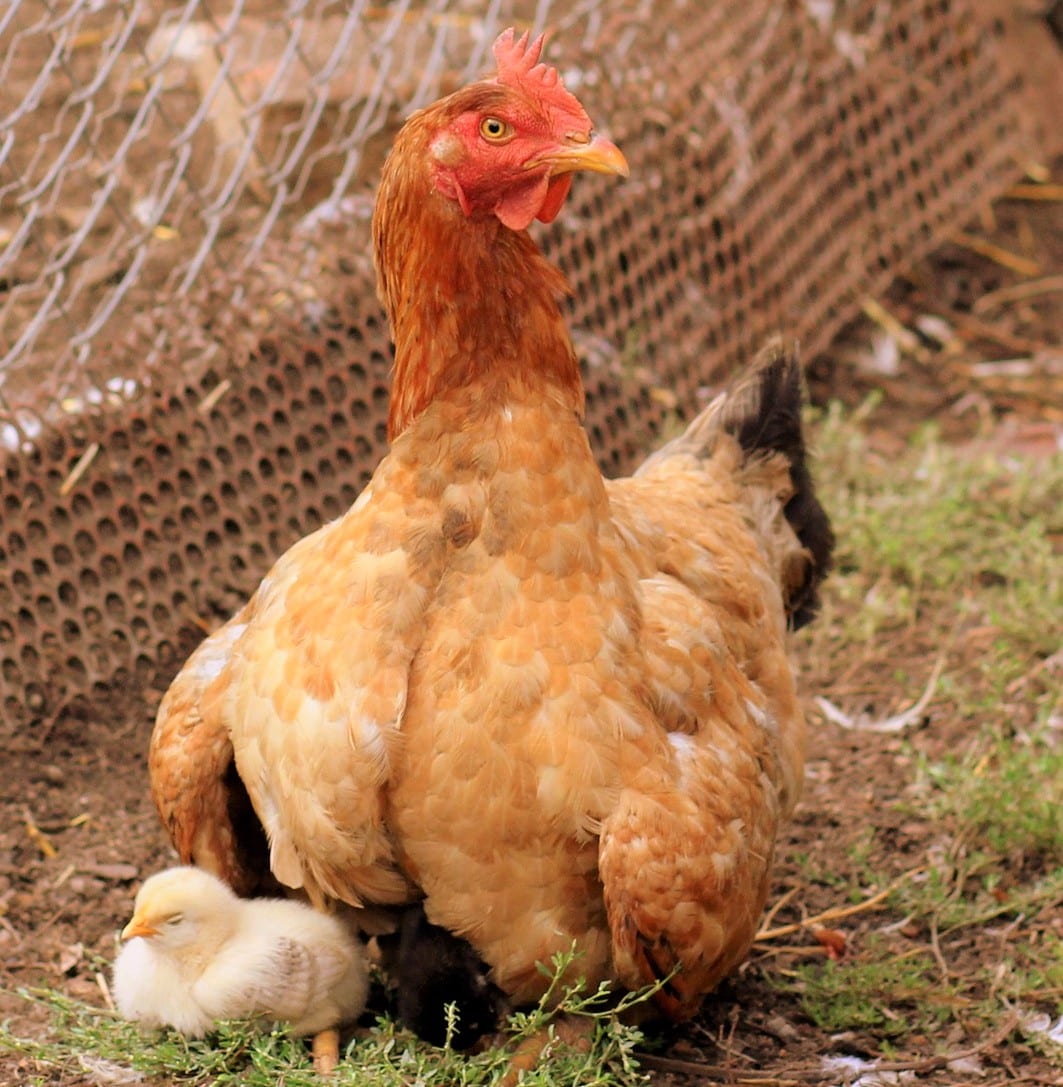
20 Mar Feeding your Chicken throughout the Lifecycle
Keeping chickens can be both rewarding and fun, and doesn’t have to be restricted to commercial farmers. We have developed a range of feeds for chickens throughout different stages of the lifecycle to make providing the correct nutrition easy. With a direct correlation between nutrition and egg output, it’s important to provide your chickens with balanced, fresh feed that contains quality ingredients; this way, you know your chicken will be getting the right nutrients they need to thrive.
So, what should you feed, and at what stages of the lifecycle?
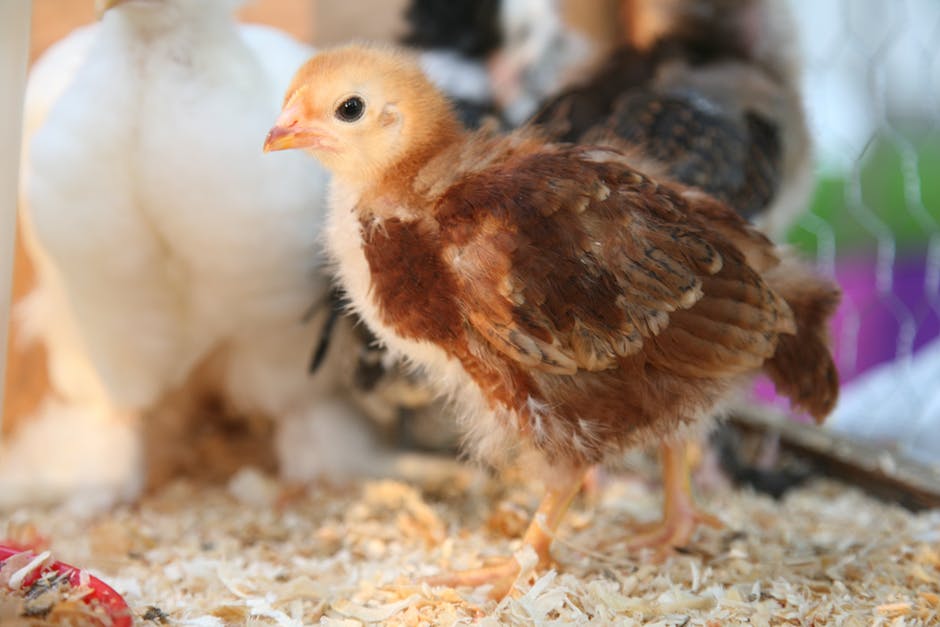
Day Old – Six Weeks Old
Thompson & Redwood ‘Chick Starter Crumble’. Feed approximately 40 grams per day.
Seven Weeks Old – Sixteen Weeks Old
Thompson & Redwood ‘Pullet Grower Crumble’. Feed approximately 50-100 grams per day.
Seventeen Weeks Onwards
- Thompson & Redwood ‘Laying Crumble’ – Premium laying pellets in a crumbled form for smaller chickens. Feed approximately 130 grams per day.
OR
- Thompson & Redwood ‘Budget Laying Pellets’ – Economical supplementary feed for backyard chickens. Ideal for laying hens whilst scavenging in garden and on household scraps. Feed approximately 130 grams per day.
OR
- Thompson & Redwood ‘Premium Laying Pellets’ – Based on commercial laying pellets with extras you would expect in a pellet designed for professional egg manufacturers. Feed approximately 110-120 grams per day.
OR
- Thompson & Redwood ‘Poultry Mix’ – A blend of whole and cracked grains mixed with pellets that contain all the vitamins and minerals required for egg and meat production. The most natural way to feed unprocessed grains. Feed approximately 130 grams per day.
OR
- Thompson & Redwood ‘Laying Mash’ – A blend of ground grains that contain all the vitamins and minerals required for egg and meat production. Perfect for smaller birds or chickens. Feed approximately 125 grams per day.
So, armed with this knowledge, what else should you keep in mind when it comes to feeding your chicken?
Much of it will come down to what you want to do with your chickens, and whether they require a supplemental feed on top of scavenging, or a complete feed. As explained by our Poultry expert Daniel Goussac, protein and calcium are the two most important nutrients when it comes to egg production.
We recommend unrestricted access to all feeds as well as fresh water, which should be available at all times (especially in summer). As a general rule of thumb, chickens should consume around double the amount of water as what they eat; so, if they eat 110g of food, they should consume 220g of water.
A laying hen will only produce maximum egg production if they have the right environment, as well as good quality feed. Good husbandry is vital for chickens to thrive, grow and produce to their maximum ability. Protected nesting boxes is ideal to promote the hen to lay where you want them to and will keep out any other birds, foxes or wildlife that may steal the eggs. Straw needs to be regularly changed to prevent any bacteria, mites or diseases. Wet litter should be regularly discarded to again prevent any diseases within the flock. Feed should be available in protected feeders and cleaned regularly.
All Thompson and Redwood Poultry feeds are locally made from the freshest Western Australian ingredient, with nutritionally balanced formulas developed by poultry experts. They contain no added hormones, antibiotics or chemicals.
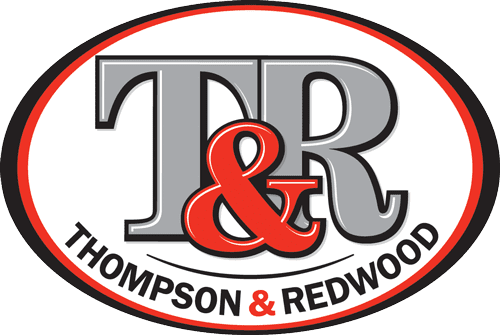

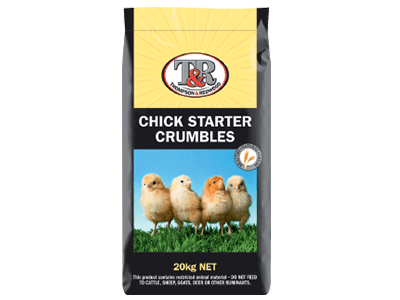
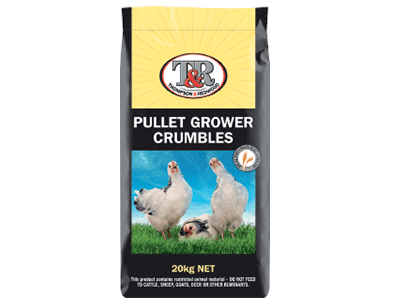
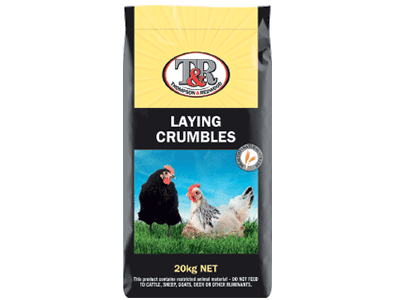
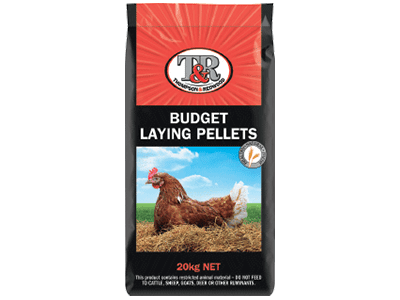
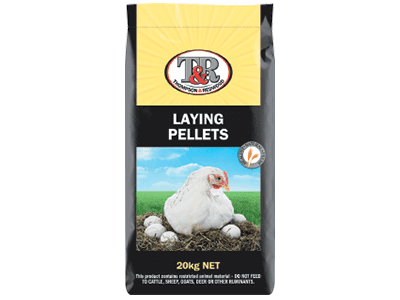
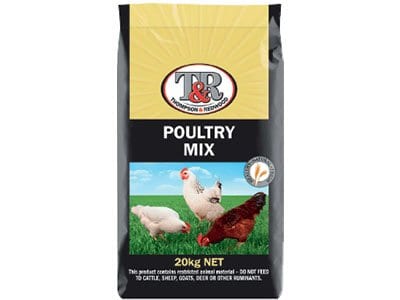
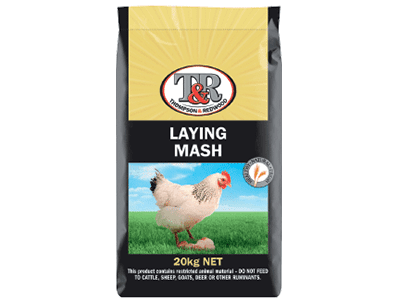
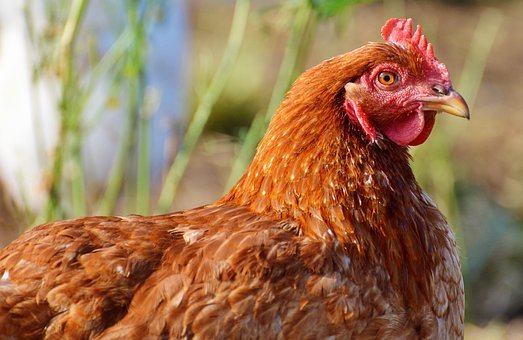

No Comments